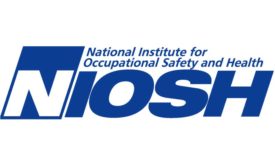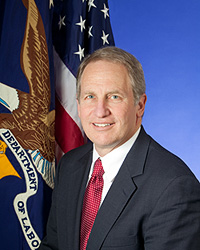News
A FairWarning story
Tired of waiting for the feds, local groups target menthol cigarettes
November 29, 2017
A NIOSH Science Blog post
Systematic review for occupational safety and health questions
November 28, 2017
A Confined Space blog post
One last time: OSHA extends recordkeeping reporting deadline
November 28, 2017
Never miss the latest news and trends driving the safety industry
eNewsletter | Website | eMagazine
JOIN TODAYCopyright ©2024. All Rights Reserved BNP Media.
Design, CMS, Hosting & Web Development :: ePublishing










